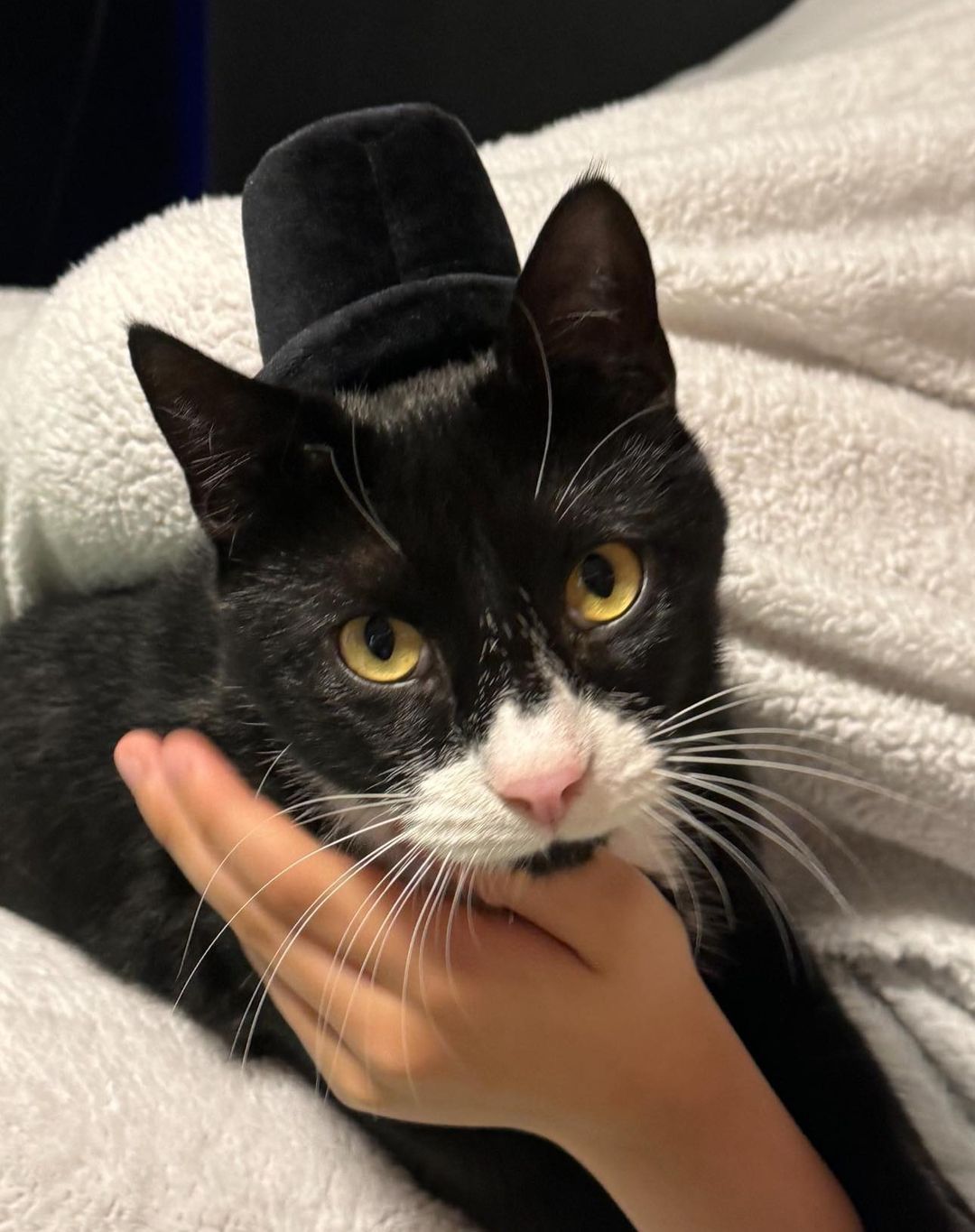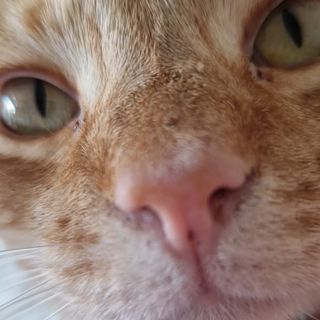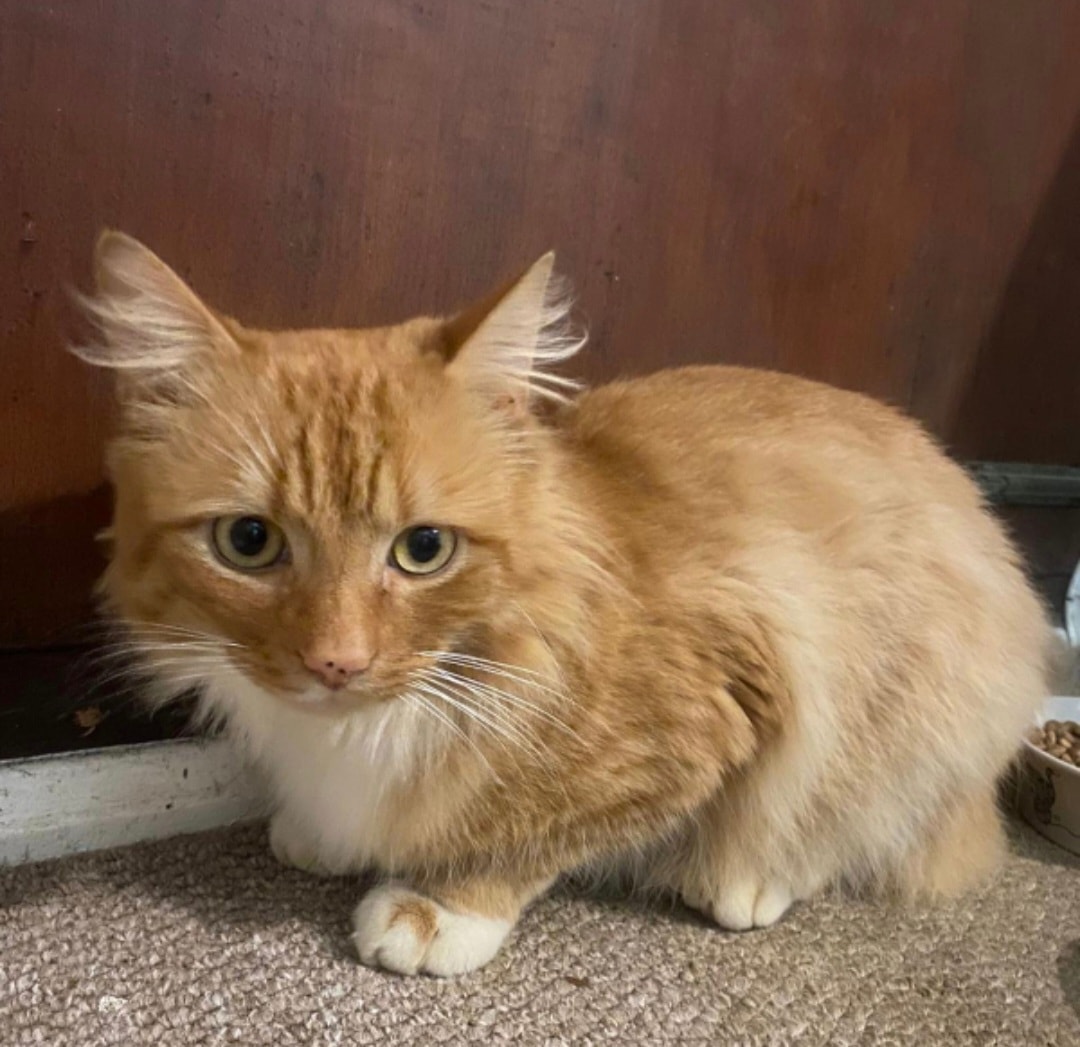It’s Feral Cat Day, and here at MK Cat Rescue we help a huge amount of ferals each year.

Feral cats deserve care and happiness, just the same as domestic cats, here are some facts and ways to help them!
- Cats are naturally wild animals, that can be domesticated if they receive crucial human contact at a young age.
- Most kittens and cats will not be tameable if born outside, and they haven’t had human contact within the early months of their lives.
- Feral cats behaviour differs completely from those of the domesticated cats, they can be aggressive, prone to fighting and extremely smelly due to constant scent marking!
- Neutering feral cats will make their outdoor life ten times happier.
- Some entire toms may show some feral behaviours before they are neutered, however they can be socialised and rehomed. Purely feral cats are not able to be domesticated, and it won’t affect their behaviour towards humans after they are neutered.
- Groups of feral cats are called colonies.
- It is important to attempt TNR on ferals that cannot be tamed, this is a process completed usually by charities, called Trap, Neuter, Return. They are trapped in their outdoor environment, neutered and kept in care whilst they recover, and finally are released back into the area they were trapped from. Returning them to their original location, can be less stressful for them as they do not need to adjust a new environment.
- A lot of vets will ‘ear tip’ the cats, so once they are returned, they can be identified as neutered ensuring they aren’t accidentally trapped again.
- If feral colonies are not dealt with, it can have serious affects on the cats health. They will experience food shortages, they are a lot more prone to disease and can be a nuisance to surrounding humans if fighting constantly.
- Diseases such as FIV+ are extremely likely to be spread through fighting, making neutering even more important to reduce the risk of the disease spreading.
- Feral cats can easily adapt to a wild, free living lifestyle.
- It is estimated that the UK has 2 million feral cats living on our streets at this current moment!
- Some cats are classed as semi-feral (challenging cats), this means they may have previously lived as a domestic cat, but have lost trust in humans over time and are no longer tame, or they have lived as a feral cat and have been slightly tamed/domesticated since being neutered.
- Feral female cats spend their lives continuously pregnant, and feeding kittens (most of whom, sadly do not survive), and can cause serious health issues for them.
- Feral male cats fight constantly, as they are marking and defending their territory, they usually live unsettled lives if left unneutered. They roam far and wide, and can sire many litters in one year.
- 40 cats/kittens can be born from one queen (female) in just two years!
- Ferals tend to gather together around a reliable food source, despite their differences.
- It can be very important to determine if these cats are 100% not owned, charities and vets will always scan for a chip to be on the safe side, in case they have roamed and lost touch of their previous home.
- Feral cats are brilliant for rural areas, such as farms, stable yards and small holdings because they keep the vermin under control. All they ask in return in some food and shelter, and they can live a long, happy life!
We currently have two female feral cats looking for placements, to find out more please visit our Adopt A Cat section.
If you require any assistance with ferals you may know of, please contact us at mkcatrescue@gmail.com.
Thank you!
References;
www.catsprotection.co.uk
www.the-piedpiper.co.uk
www.pets4homes.co.uk



